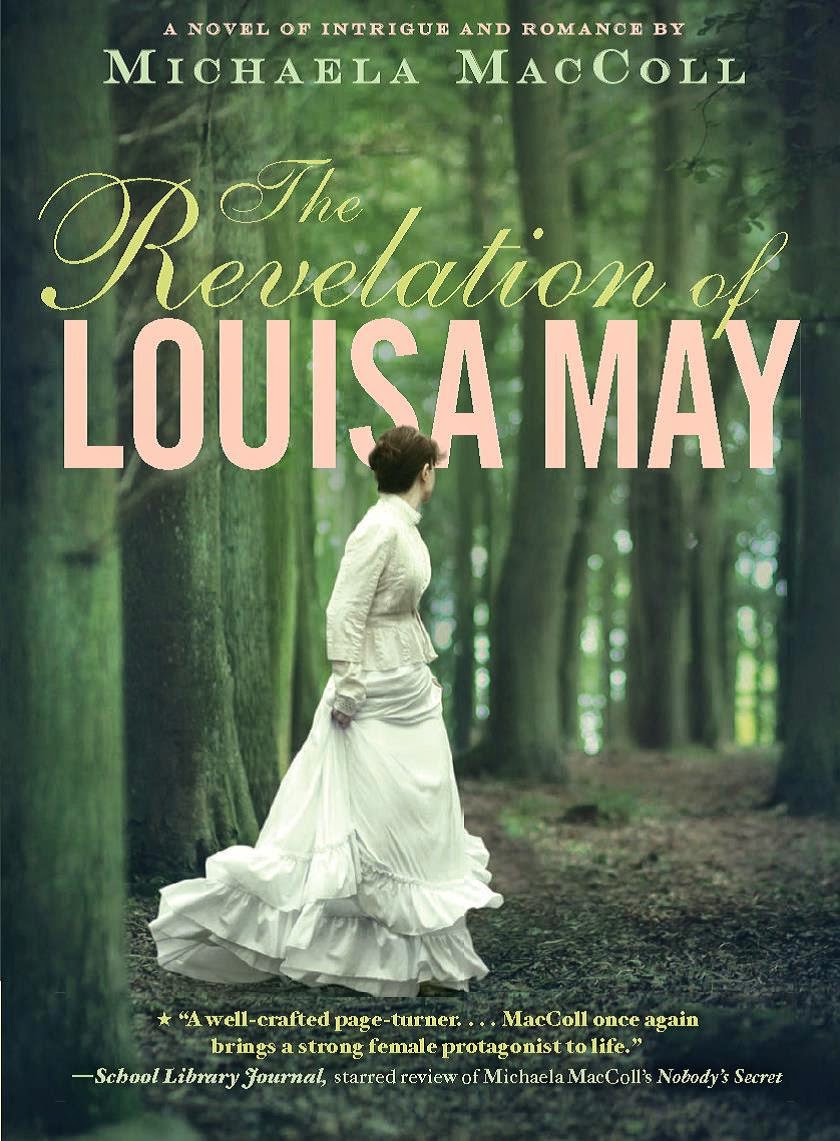
Honored for eternity: In Memoriamĭuring the Civil War, Louisa served as a nurse for the Union Army. Louisa May volunteered as a nurse during the American Civil War, using what she learned to write of her experiences. Her first book, Flower Fables, a collection of short stories for children, was published in 1854. Louisa's first published work was the poem, Sunlight, published under a pseudonym, A.M. She did adopt her sister May's daughter, Louisa May Niereker after May died. She never married, but hoped to always be able to care for her mother. She helped support her family as a seamstress, a household servant, and later, as a teacher. Some books have been written that tell of her experience. She kept a diary of her adventures, some of which were quite harsh. When Louisa was 10, her father moved the family to a commune that was being established called Fruitlands.


Louisa was primarily educated by her father.
:max_bytes(150000):strip_icc()/louisa-may-alcott-171400134-b68ac0c5d1724628a8853b35f0354f9a.jpg)
Louisa was deeply influenced by both her parents, especially her mother, whom she looked up to for her bravery and goodness, as well as friends and neighbors, including Ralph Waldo Emerson, Nathaniel Hawthorne, Oliver Wendell Holmes, and Henry David Thoreau. Her father was a noted educator and leader of a philosophical movement called Transcendentalism. Louisa May Alcott was born 29 November 1832 in Germantown, Pennsylvania, and then grew up in Boston and Concord, Massachusetts, the daughter of Bronson Alcott and Abby May. Louisa May Alcott was an abolitionist, a feminist, and an author, most notably of the novel Little_Women, published in 1869.


 0 kommentar(er)
0 kommentar(er)
